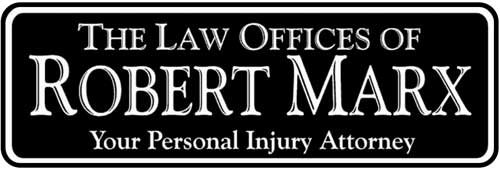One of the most devastating financial impacts of being injured in a serious car crash can be not being able to work for a time – or maybe never being able to return to the same kind of job again. That’s why it’s crucial to include lost income as you calculate how much compensation to seek if another driver was responsible for a crash that caused you harm.
That’s not always a simple calculation. People who have a regular full-time (or even part-time) employer can generally submit evidence of salary or hourly wages and recent paystubs or direct deposits. But, what if, like many Americans – and certainly many people across the islands of Hawaii — you don’t have a regular income from one (or even more than one) employer?
More and more people work as independent contractors or freelancers who take on projects when they’re available or when something interests them. Maybe you’re a gig worker who partners with DoorDash, Uber, Angi or any of a multitude of companies where customers use apps to get products or services. Maybe you work considerably more during the heaviest tourist seasons and less in the slower months.
Calculating lost income can even be challenging for sole proprietors. If you have a one-person operation, you’re not only losing income but potential new opportunities and customers who may never return when you are not in a position to be filling your ordinary role.
Calculating lost earning capacity
Lost earning capacity is a lot more than lost wages. Determining and then providing evidence of how much your injuries are costing you in current and future income can be a complicated endeavor, especially if you are not employed in a “traditional” position.
Fortunately, insurers as well as courts are becoming more familiar with calculations of lost earning capacity aren’t as simple as looking at someone’s recent pay history. You may need to present contracts you can no longer fulfill, a reasonable calculation of what you could have earned as a driver, handyman or delivery person if you’d been healthy or profit and loss statements for your business.
Of course, your primary focus needs to be on healing. That’s why it’s wise to get experienced legal guidance as soon as possible – and certainly before agreeing to a settlement. This will give you a better chance of getting fair compensation for your financial losses and other damages.
